Geographic Data Science - Lecture I
Introduction
Dani Arribas-Bel
Today
- This course
- The (geo-)data revolution
- (Geo-)Data Science
This course
Quiz
- Have you ever heard the terms "Big Data" and "Data Science"?
- Have you ever written a line of computer code?
- How would you define in one sentence "Data Science"?
- Do you think "Geographic Data Science" is closer to GIS or Statistics?
More stats than a GIS course, more GIS than a stats course...
...but in a fun way!
Structure
11 weeks of:
- Prep. materials: videos, podcasts, articles... 1h. approx. (most recommended!)
- 1h. Lecture: concepts, methods, examples
- 2h. Computer practical: hands-on, application of concepts, Python (highly employable)
- Further readings: how to go beyond the minimum
IMPORTANT: Week 7 has no class! [Labs are booked so I recommend you spend the lab time working on your first assignment]
Website
Philosophy
- (Lots of) methods and techniques
- General overview
- Intuition
- Very little math
- Emphasis on the application
- Close connection to "real world" applications
- FUN
Assignments
Mark based on two assignments, due:
- Week 8 (50%)
- Week 13 (50%)
Coursework
Equivalent to 2,500: report with code, figures (e.g. maps), and text
The (geo-)data revolution
The (geo-)data revolution
Exciting times to be a:
- Geographer
- Map fan
- Data fan
The world is being "datafied"...
"Datafication"
Quantification of phenomena through the systematic recording of data
“taking all aspects of life and turning them into data” Cukier & (Mayer-Schoenberg)
Examples: credit transactions, public transit, tweets, facebook likes, spotify songs, etc.
"Datafication"
Many implications:
- Opportunities for optimization of systems (Industrial IoT, planning systems...)
- Window into human behaviour (this course)
- Issues with intentionality and privacy
- ...
Why now?
Why now?
Advances in:
- Computing power
- Communication
- Geospatial technology
Why now? --> Computing power
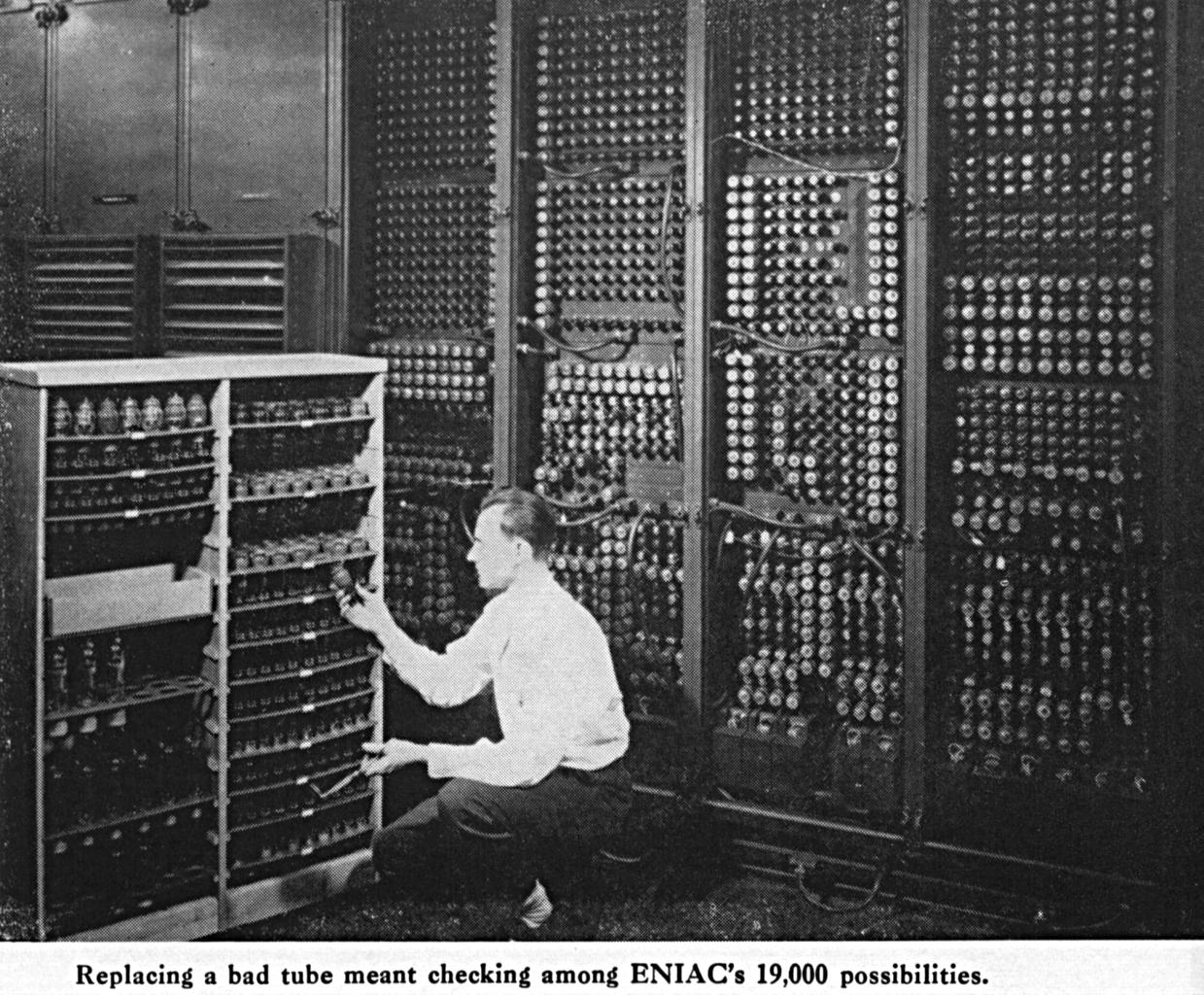
Why now? --> Computing power

Why now? --> Communication
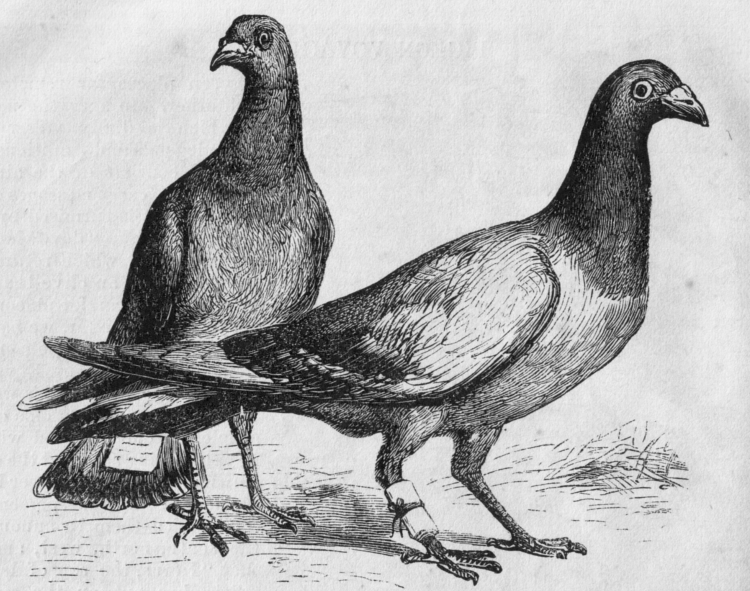
Why now? --> Communication
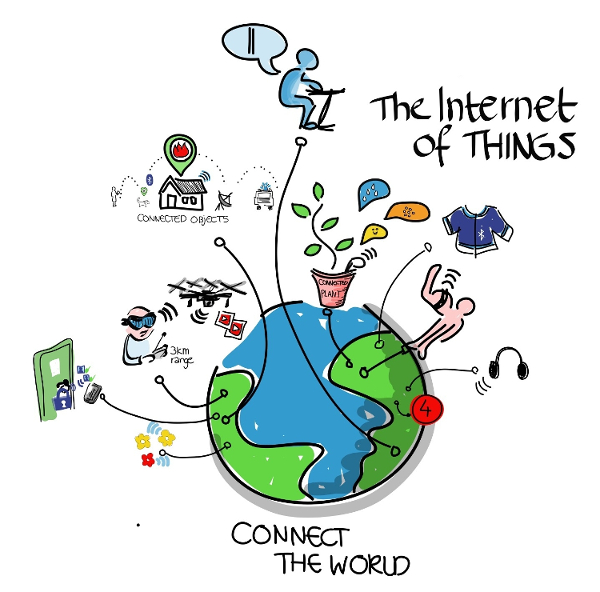
Why now? --> Geospatial technology
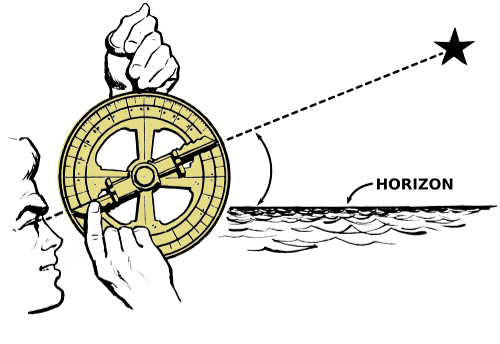
Why now? --> Geospatial technology
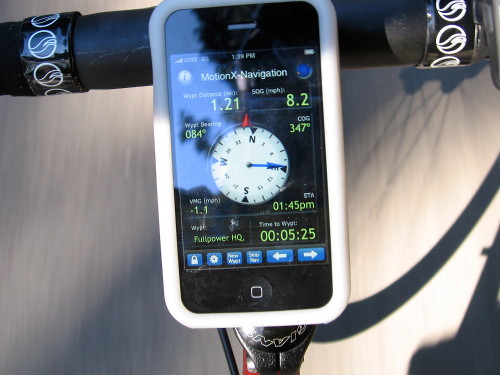
The (geo-)data revolution
The confluence of the three (computing, communication and geospatial) is creating large amounts of data.
Now, data in itself is not very valuable:
- Data --> Information --> Knowledge --> Action
Data Science
Methods, tools and techniques to turn data into actionable knowledge
But wait, isn't statistics just that?
Not only...
Data Science
Source: Drew Conway
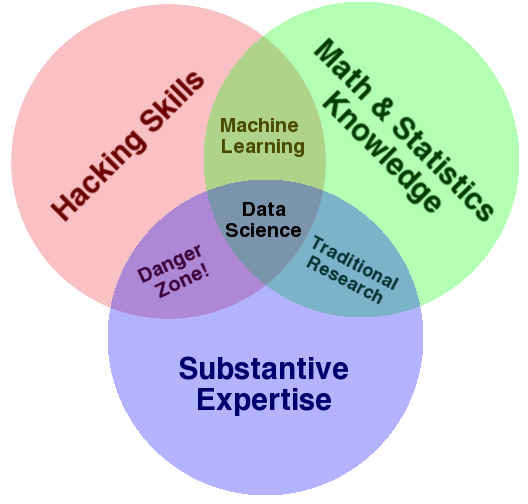
Data Science
Statistics is a very important part of DS...
... but not the only one:
- Computational tools --> Programming (hence this course's tutorials!)
- Comunication skills --> "Story telling" (hence this course's assignments)
- Domain expertise --> Theories about why the data are the way they are (hence the rest of your degree)
Data Science
- Not all new (standing on the shoulders of giants)
- "The data becomes key part in the product"
- Focus on actionability and solving particular problems
Some examples...
Amazon
Dating sites
Uber
Geo-Data Science
Geo-Data Science
- A (very) large portion of all these new data are inherently geographic or can be traced back to some location over space.
- Spatial is special.
- Some of the methods require an explicitly spatial treatment --> (Geo-)Data Science
Some examples...
AirBnb neighborhoods
Google Maps routing
John Snow's cholera map

Geographic Data Science'15 - Lecture 1 by Dani Arribas-Bel is licensed under a Creative Commons Attribution-NonCommercial-ShareAlike 4.0 International License.